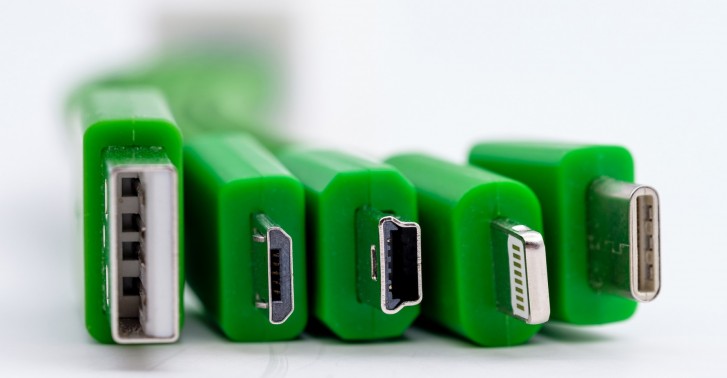Despite Apple’s protest, the European Parliament voted strongly in favour of adopting a common charger. The resolution received massive support of 582-40. The parliament enjoined the European Commission to adopt new rules by July that would eliminate the need for buyers to get a new charger with each new device.
The EU had, a decade ago, enacted a policy that enjoined major phone makers (including Apple) to voluntarily move towards a common standard. That has not happened and the members of the EU parliament believe that it was due to the voluntary approach so, saw a need to pass new legislation.
The resolution extols wireless chargers as a way to reduce electronic waste but notes that the rules written by the Commission should ensure that chargers can work with various phone brands.
EDITOR’S PICK: Xiaomi’s Aqara officially unveils its range of smart home products in the US
Apple had earlier released a response while the legislative process was in motion. The company argued against a common charger saying that it will stifle innovation and inadvertently create e-waste as existing Lightning chargers and cables are swapped out for USB-C, the preferred common standard. However, the argument seems not to have had any effect on the resolution. This may be because Apple is sort of a lone ranger. Other OEMs have mostly migrated their flagship and upper midrange models to USB-C ports.
A research by Sustainably SMART had earlier shown that most of the e-waste is generated by the charging brick, not the cable. They recommended that the inclusion of a charger in the retail packaging for smartphones should be banned or disincentivized. Buyers will then have to use their old chargers instead.
This would have formed part of the resolution but there is no unified charging standard. some phones ship with 40/60W fast charging technology and would definitely charge slower when connected to a USB PD adapter. The same thing applies to wireless charging technology. However, new legislation may hit the charging brick especially as the move is aimed at reducing e-waste. The resolution notes that in 2016 the global average was 6kg of e-waste per person per year while the average for EU citizens was 16.6kg. It also calls for increased volumes of collection and recycling of old cables and chargers.
UP NEXT: First Samples from the 108MP Mi Mix Alpha is here & we are not impressed!
(source)







